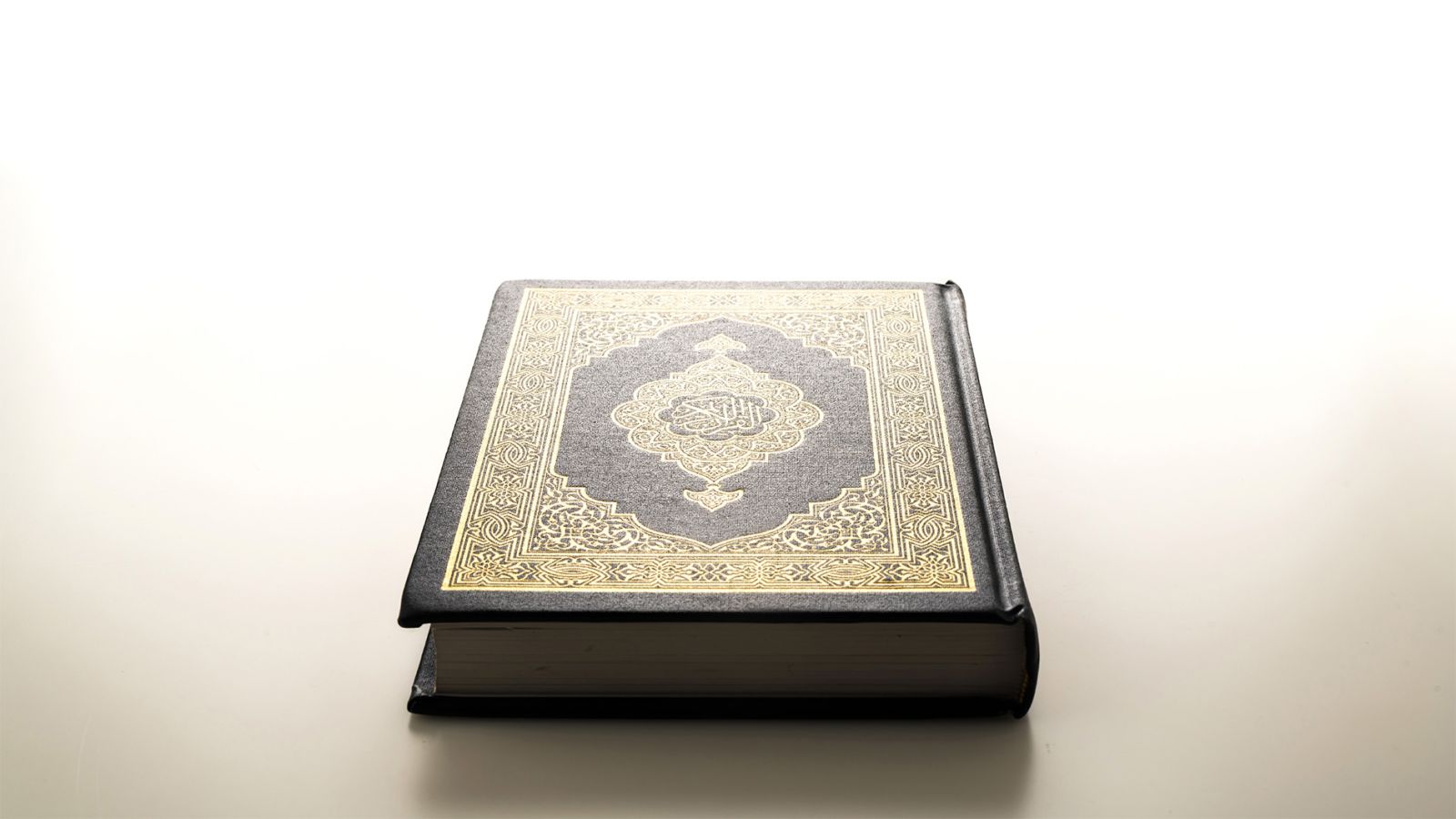The Most Beneficial and Comprehensive of all Invocations: You Alone We Worship, You Alone We Ask for Help
Imām Ibn Qayyim al-Jawziyyah


Imām Ibn al-Qayyim [d. 751 AH] said:
With regards to the worship of Allāh and seeking aid from Him [as in the verse in Sūrah al-Fātiḥah: mankind is divided into four categories.
The most exalted and exceptional among them are those who carry out the worship of Allāh while seeking aid from Him [to worship Him sincerely]. Among the goals in worshipping Allāh is that He aids them in that worship and guides them towards its execution. Thus, from among the best invocations made to our Lord the Bountiful, the Most High, is to seek help in performing acts that are pleasing to Him. This is the [invocation] taught by the Prophet (ﷺ) to his beloved companion Muʿādh ibn Jabal (may Allāh be pleased with him).
He said [to him]: ‘O Muʿādh, Indeed I love you dearly. So do not forget to say at the completion of all of your prayers: ‘O Allāh! Aid me in your remembrance, being grateful to You, and performing worship of you in the very best way.’
Hence, the most beneficial of invocations is to seek aid in the performing of that which is pleasing to [Allāh]. The greatest of all boons is the granting of this request. For all of the invocations related in the Sunnah center around this theme, staving off that which is contrary to it, seeking its completion, and easing the means towards it, so contemplate it [i.e. the invocations relayed from the Sunnah].
Shaykh al-Islām Ibn Taymiyyah (may Allāh purify his soul) said: ‘I have contemplated the most beneficial of invocations. I found it is to seek aid in the performing of that which is pleasing to Allāh. Then, I found it in al-Fātiḥah:
إِيَّاكَ نَعْبُدُ وَإِيَّاكَ نَسْتَعِينُ
‘It is You alone (O Allāh) that we worship and it is You alone that we ask for help (in Your obedience and in all of our affairs).’
[Al-Fātiḥah, 1:5]
Source: Al-Tafsīr al-Qayyim 69
Translated by: Riyāḍ al-Kanadī

















